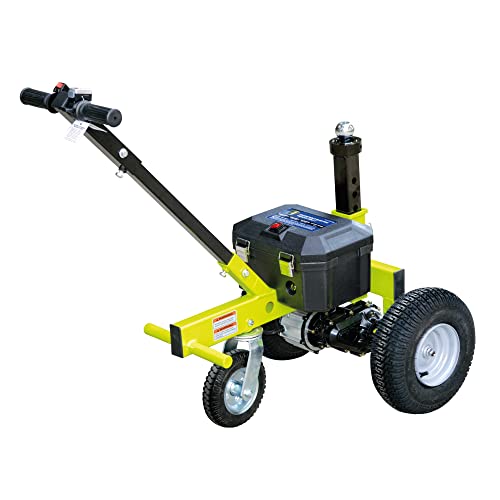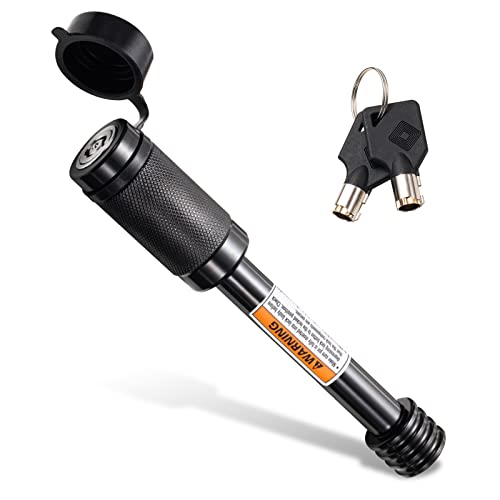
New Heavy Gremax All Steel ST235/80R16 14PR RV Radial Trailer Tire Load Range G 128/125M
Choosing the right tires for your RV trailer is essential for the overall safety and performance of your vehicle. With various options available in the market, selecting the best-rated RV trailer tires can be overwhelming for many. In this article, we will provide you with valuable tips on how to select the best-rated RV trailer tires to enhance your overall driving experience.
Tip #1: Choose the right size
The size of your RV trailer tire is essential for your RV's performance and stability. An undersized or oversized tire can not only affect the handling of your RV but could also pose a potential safety hazard. When selecting new RV tires, ensure you select a size that matches the recommendations set by the RV manufacturer. The tire size and load capacity are typically outlined in the RV owner’s manual.
Tip #1.1: Understand tire sizes
Understanding tire sizes can be confusing, but it is essential to select the right tire for your RV. Below is a breakdown of a tire size’s code and what they mean:
- Section Width: This number represents the width of the tire in millimeters
- Aspect Ratio: This is the ratio of the sidewall height to the section width. The number is represented as a percentage of the section width.
- Construction: This indicates the type of tire construction, either "R" for radial or "D" for diagonal.
- Rim Diameter: This represents the diameter of the wheel rim that the tire is designed to fit onto.
- Load Index: This number indicates the maximum weight capacity the tire can safely carry
- Speed Index: This letter indicates the maximum speed the tire can safely handle.
Tip #2: Consider the type of terrain and weather you will be driving in
The type of terrain and weather condition you will be driving in is also a crucial factor to consider when selecting the best-rated RV trailer tire. Driving on rough roads or icy conditions may require a different type of tire than when driving on paved roads or sunny weather.
If you plan to take your RV trailer off-road, you might want to consider all-terrain tires that can handle rocky and bumpy terrain. On the other hand, summer tires are ideal for driving on hot and dry roads, while winter tires work well on snowy and icy roads, providing good traction and braking performance.
Tip #2.1: Understanding tire tread design
Tire treads have different patterns designed for specific conditions. Here are some common tread patterns and their applications:
- All-terrain treads: These have a versatile design and are well-suited for various terrains, including rocky, muddy, and sandy roads.
- Highway treads: These are suitable for use on paved roads and provide excellent handling and stability.
- Winter treads: These have a unique tread pattern that provides better traction on snow and ice.
Tip #3: Consider the load capacity
The weight of your RV trailer and cargo must be considered when selecting the tire's load capacity. Overloading your RV trailer with too much weight or selecting tires with insufficient load capacity can lead to tire blowouts, accidents, and potential safety hazards.
When selecting RV trailer tires, consider the Gross Vehicle Weight Rating (GVWR) of your RV. The GVWR is the maximum weight capacity of your RV, which includes your vehicle's weight, the weight of your passenger, cargo, and fuel.
Tip #3.1: Understanding tire load capacity ratings
RV trailer tire manufacturers assign a load index rating to each tire to indicate the maximum weight it can safely carry. The higher the number, the more weight the tire can handle. It is essential to select a tire with a load capacity rating that exceeds the total weight of your RV and cargo.
Tip #4: Check the tire's age
Tire age is another essential factor to consider when selecting the best-rated RV trailer tire. With time, even when not in use, tires degrade, leading to a reduction in performance and safety.
The rule of thumb is to replace your RV trailer tires every six years, regardless of their appearance or wear. However, if your tires have been exposed to sunlight, heat, or harmful elements, they may need to be replaced earlier.
Tip #4.1: Understanding tire age
All RV trailer tires have a serial or DOT number. The last four digits of the DOT code indicate the week and year in which the tire was manufactured. For instance, a tire with a serial number 1420 was manufactured in the 14th week of 2020.
Tip #5: Check for tire ratings and certifications
Checking for tire ratings and certifications is another way to ensure you select the best-rated RV trailer tire. You can check the tire's ratings and certifications through the Department of Transportation (DOT) number on the sidewall.
Ensure your RV trailer tires have the appropriate certifications and comply with the Federal Motor Vehicle Safety Standards (FMVSS). These standards are in place to ensure your RV's safety and performance. Some of the tire certifications and ratings to look out for include the UTQG rating, the Commercial Vehicle Safety Alliance (CVSA) rating, and the National Highway Traffic Safety Administration (NHTSA) ratings.
Conclusion
Selecting the right RV trailer tire is crucial for your RV's safety, performance, and overall driving experience. Remember to consider the tire size, load capacity, tread design, terrain, and weather you will be driving in, the tire age, and tire ratings and certifications when selecting the best-rated RV trailer tire.
Related Topics You Might Like





















